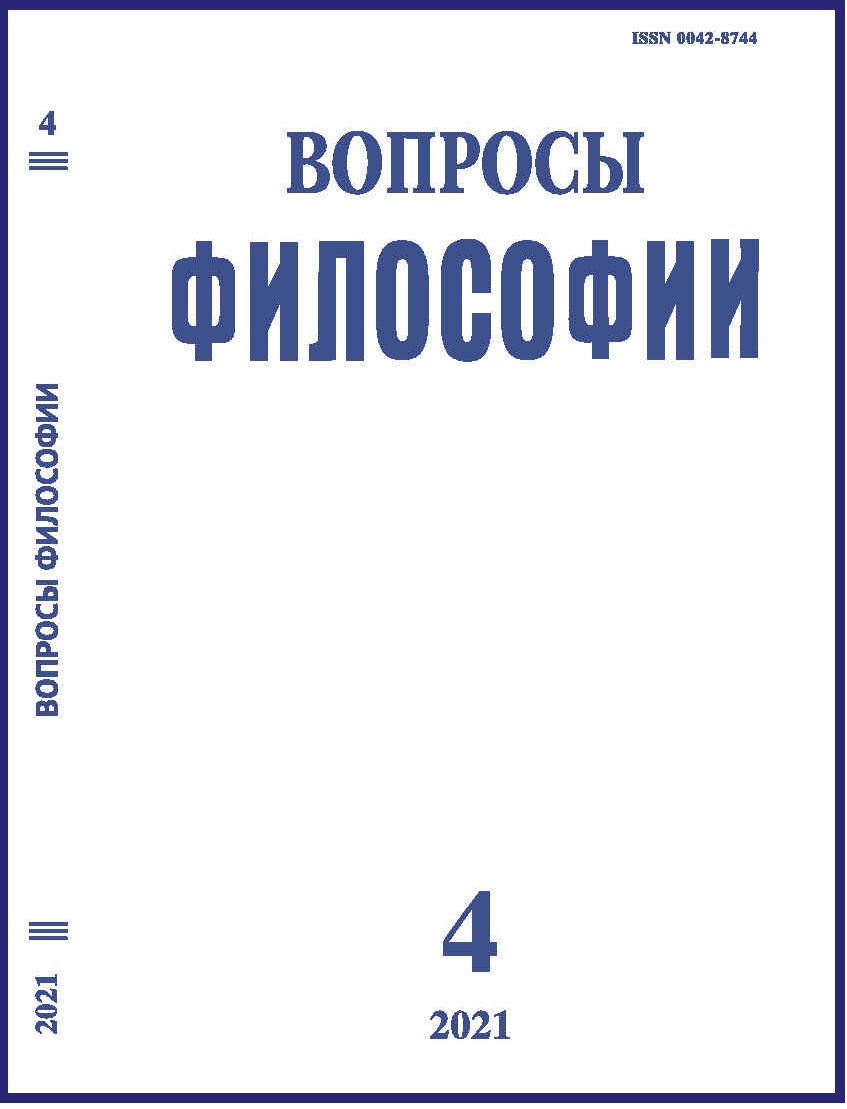Дополнительность контекстов как методологический принцип психологии
DOI:
https://doi.org/10.21146/10.21146/0042-8744-2021-4-179-190Ключевые слова:
контекст, контекстный подход, принцип дополнительности, психология, методология науки, эпистемология, эпистемологический контекстуализм.Аннотация
В статье предлагается вариант решения методологического кризиса современной психологической науки и практики с помощью методологии контекстного подхода. Для обеспечения нередуктивного сочетания взаимопротиворечивых психологических концепций предлагается использовать опору на принцип дополнительности. Применение этого принципа к описанию самого феномена контекста позволяет представить его и как статичную структуру (семантическое поле), и как динамический процесс (семантизации содержаний психики). Дополнительными являются также описания контекста в качестве психического феномена и в качестве эпистемологического условия исследования. В этой связи можно выделить широкий (социокультурные условия) и узкий (методология познания) контексты научного исследования. При этом предлагается все описания предмета исследования в различных контекстах рассматривать не как полнообъемные, а как описывающие данный объект лишь частично. Комбинация описаний психического явления, полученных в дополнительных контекстах, обеспечивает охват разноуровневых и разнотипных его представлений в единой многомерной системе психологического знания.

